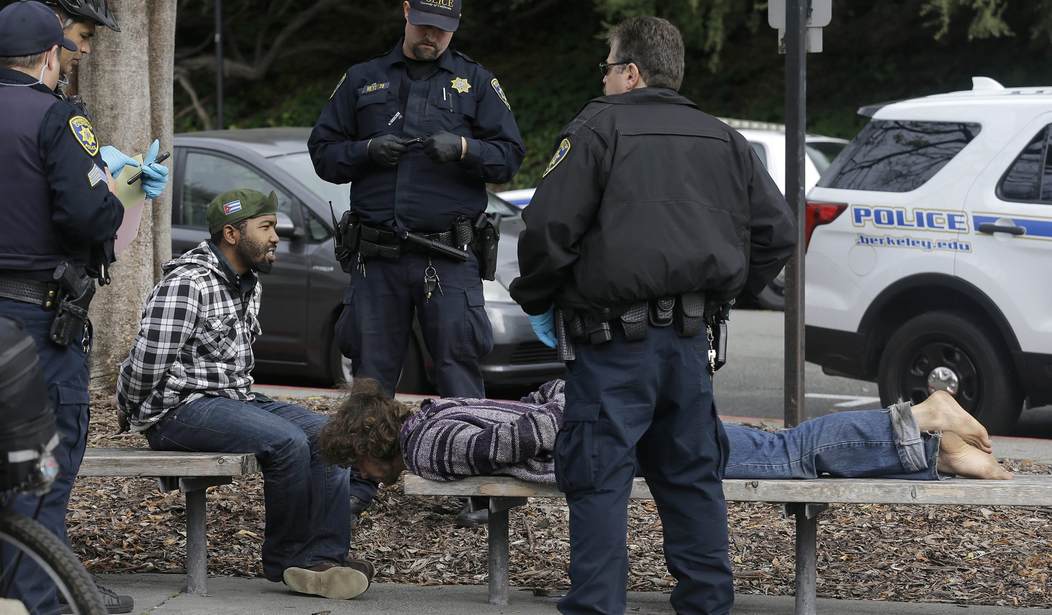Some shocking statistics on arrests by California police between 2013 and 2015 have residents worried and experts scrambling for answers.
Arrests by the Los Angeles Police Department fell by 25% between 2013 and 2015 with similar drops all across the state. Not surprisingly, the crime rate has risen during the same period of time.
The statewide numbers are just as striking: Police recorded the lowest number of arrests in nearly 50 years, according to the California attorney general’s office, with about 1.1 million arrests in 2015 compared with 1.5 million in 2006.
It is unclear why officers are making fewer arrests. Some in law enforcement cite diminished manpower and changes in deployment strategies. Others say officers have lost motivation in the face of increased scrutiny — from the public as well as their supervisors.
The picture is further complicated by Proposition 47, a November 2014 ballot measure that downgraded some drug and property felonies to misdemeanors. Many police officers say an arrest isn’t worth the time it takes to process when the suspect will spend at most a few months in jail.
In Los Angeles, the drop in arrests comes amid a persistent increase in crime, which began in 2014. LAPD Chief Charlie Beck noted that arrests for the most serious crimes have risen along with the numbers of those offenses, while the decrease comes largely from narcotics arrests.
The arrest data include both felonies and misdemeanors — crimes ranging from homicide to disorderly conduct. From 2010 to 2015, felony arrests made by Los Angeles police officers were down 29% and misdemeanor arrests were down 32%.
Two other measures of police productivity, citations and field interviews, have also declined significantly.
The LAPD could not provide final tallies for arrests in 2016. But based on numbers that include arrests by other agencies within city limits, the downward trend continued last year, Assistant Chief Michel Moore said.
A direct link between the crime pattern and the drop in arrests is difficult to draw, in part because the arrest data include minor offenses not counted in the tally the city uses to measure crime. Still, some city officials are concerned.
“Those are dramatic numbers that definitely demand scrutiny and explanation,” said Los Angeles City Councilman Mike Bonin, who sits on the Public Safety Committee and represents the Westside. “If crime was dramatically down, I wouldn’t have a problem with arrests going down. But if crime is going up, I want to see arrests going up.”
Does anyone besides 5-year-olds and liberals believe that a declining arrest rate leads to a declining crime rate? Sheesh.
It’s easy to draw sweeping conclusions from singular factors like increased scrutiny of the police and lax enforcement. But sometimes, the most obvious causes reveal a truth. Is it an accident that arrests plummeted after a spate of high-profile police shootings nationwide? Or that crime has risen because repeat offenders are allowed to walk and commit more crimes?
Liberals will want to overthink this problem because acknowledging the above would basically invalidate their views on crime and criminals. But it’s not rocket science when you add it all together — fewer cops, downgrading serious crime, and disrespecting police logically lead to law enforcement officers less willing to expose themselves to danger and more willing to look the other way.
Cops are human too. Making their jobs more difficult results in them doing their jobs less often and less efficiently.
And consequently, the general public is at greater risk to become the victims of crimes.










Join the conversation as a VIP Member